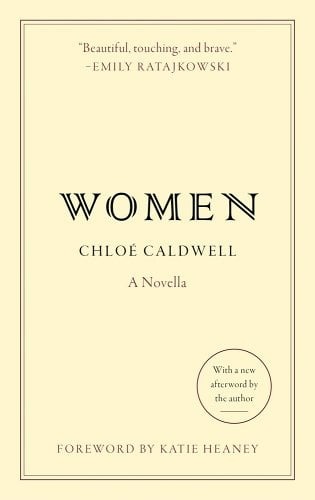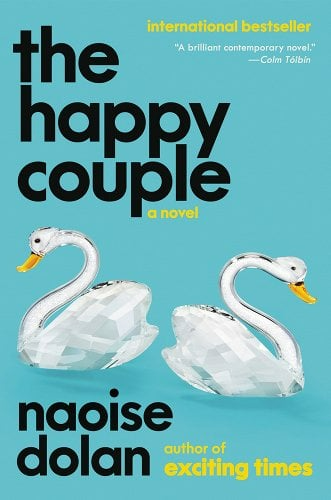As a millennial bibliophile with a mortgage, one of my favorite pastimes is perusing and purchasing Kindle daily deals with reckless abandon. A few weeks ago, my partner, who delights in being able to successfully predict which books will pique my interest, sent me a daily deal for Women by Chloe Caldwell (she/her). Described as a “cult-classic novella,” Women wasRead More
An Epic, Slow Burn F/F Romance: The Senator’s Wife by Jen Lyon
Amazon Affiliate Link Since reading The Senator’s Wife, I’ve been thinking about what exactly my criteria is for rating a book with five stars. Anne of Green Gables is the first five-star book I ever read; Anne of Avonlea was, unsurprisingly, the second. The three books by Jeanette Winterson that were the subject of my undergraduate thesis—The Passion, Written on theRead More
The Official Sapphic Sequel to Haunting of Hill House: A Haunting on the Hill by Elizabeth Hand
Buy this from Bookshop.org to support local bookstores and the Lesbrary! To say I went into this with high expectations would be an understatement. As soon as I heard there was an official sapphic The Haunting of Hill House sequel coming out, it became my most anticipated book release of the year. I am firmlyRead More
A Page-Turning Mess of a Queer Love Polygon: The Happy Couple by Naoise Dolan
Buy this on Bookshop.org to support local bookstores and the Lesbrary! If you’re looking for something fun, marathonable, the right amount of messy, and full of queer love polygon drama, then look no further than The Happy Couple. I listened to this as an audiobook (a short and snappy 5.5 hour experience) and I foundRead More
Maggie reviews A Scatter of Light by Malinda Lo
Amazon Affiliate Link | Bookshop.org Affiliate Link I was ecstatic when I heard that Malinda Lo was writing a loosely connected follow up to Last Night at the Telegraph Cub because Last Night at the Telegraph Club is a hugely important lesbian coming of age novel set in 1950s San Francisco Chinatown that A) I wish I had hadRead More
Meagan Kimberly reviews You Exist Too Much by Zaina Arafat
Amazon Affiliate Link | Bookshop.org Affiliate Link Zaina Arafat’s You Exist Too Much follows an unnamed narrator as she struggles with her love addiction. The protagonist moves from one toxic relationship to another, and when she finds something that could be solid, she self-sabotages. Told through a series of vignettes, the novel spins the taleRead More



